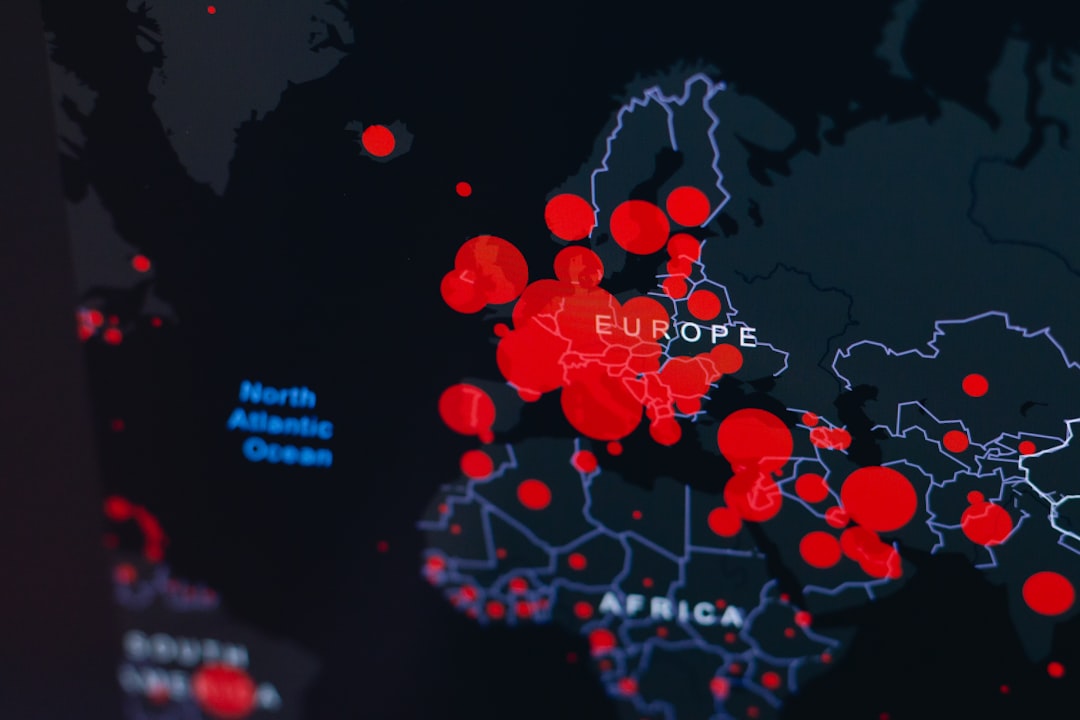In the vast and dynamic world of the internet, website owners must strike a balance between visibility and control. Search engines play a crucial role in digital visibility, but not all crawlers and bots bring equal value. Interestingly, recent analyses have shown that around 140 million websites are actively blocking certain SEO bots. The question arises: which bots are the most frequently banned, and why?
For many websites, especially those reliant on advertising or premium content models, controlling bot access is not just a matter of cleanliness—it’s about efficiency, server performance, and sometimes revenue protection. Bots that scrape content or strain bandwidth provide little to no value to site owners, even if they come dressed as SEO tools.
The Rise of Bot Management
Bot management has become a cornerstone of site maintenance. As SEO has grown more sophisticated, so has the bot landscape. There are countless bots that claim to help with indexing and organic discovery, but only a fraction are from reputable sources, like Googlebot or Bingbot.
According to a recent study by Cloudflare and security partners, the most commonly blocked bots are not the popular ones that boost your search engine rankings. Instead, they’re often aggressive or deceptive scrapers, indexing bots from lesser-known platforms, or direct data miners.

Top SEO Bots Most Commonly Blocked
Here’s a list of the SEO bots that are most frequently banned by web administrators:
- AhrefsBot: Known for its extensive crawling to support Ahrefs’ backlink analysis tool. Many sites consider its aggressive crawling a strain on resources.
- SemrushBot: Used by SEMrush to gather data for keyword and competitor analysis, this bot is widespread and often blocked to prevent data leakage.
- MJ12bot: Operated by Majestic, this bot crawls heavily for link intelligence. Website owners without a need for such services often block it.
- BLEXBot: Associated with SEO analytics, BLEXBot often appears in logs as a high-volume crawler.
- DotBot: Operated by Moz, DotBot accesses websites for SEO data. While less aggressive, it still appears on block lists frequently.
Why Site Owners Block SEO Bots
1. Server Load: Some bots are so aggressive they cause undue load on the site’s server, affecting speed and user experience.
2. Content Protection: Websites with proprietary or premium content block bots to avoid it being scraped without permission.
3. Value Mismatch: Not all bots bring value; if a bot doesn’t enhance a site’s SEO or deliver tangible insights, it’s more likely to be blacklisted.

Impact on SEO and Digital Strategies
While blocking certain bots helps performance and security, it can potentially reduce visibility in SEO tools that rely on crawling data. This makes it imperative for site owners to understand the net effect of such decisions. Often, site administrators will allow search engine bots like Googlebot and Bingbot while restricting third-party crawlers. This selective permission helps maintain performance without sacrificing search visibility.
It’s worth noting that some SEO professionals advise against mass bot blocking because they argue it limits analytical data and third-party audit capabilities. However, for high-traffic sites and content-heavy platforms, the trade-off is usually worth it.
Frequently Asked Questions
-
Q: Will blocking SEO bots hurt my ranking on Google?
A: Not if you continue to allow Googlebot. Blocking third-party tools like AhrefsBot or SemrushBot does not impact your visibility in search engines. -
Q: How do I block a bot from accessing my website?
A: Most developers use therobots.txtfile or firewall rules to block specific user agents. -
Q: Why do bots scrape my site so aggressively?
A: Some bots are programmed to scan millions of sites for data quickly. They may ignore crawl-delay rules unless configured otherwise. -
Q: Is it safe to block bots from SEO tools?
A: Yes, it’s generally safe if you don’t rely on those tools for your SEO strategy or site audits. -
Q: Can I allow only helpful bots and block the rest?
A: Absolutely. Bot whitelisting is a strategy used by many advanced site owners to retain control while allowing valuable access.
As the internet landscape evolves, so do the techniques webmasters use to manage traffic. Understanding which bots to permit and which to block is no longer just a technical question—it’s a strategic business decision.
 logo
logo



